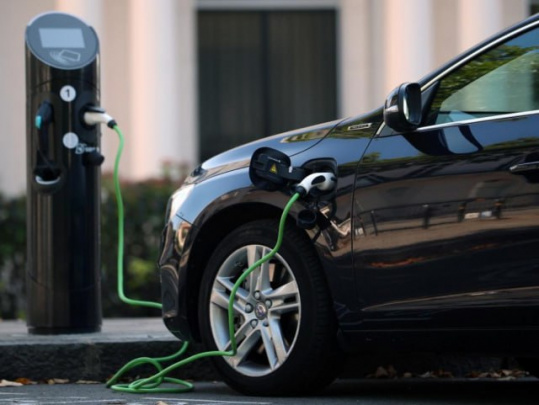Eco certificate fiasco: Uzbekistan’s U-turn on hybrid EV imports
A requirement to obtain an environmental certificate for importing hybrid electric vehicles into Uzbekistan was recently introduced – only to be scrapped within three days. This "mysterious" measure, which would have made car imports more expensive, was neither explained upon introduction nor upon its swift cancellation.
As it became known, starting from May 1, not only did the recycling fee for importing electric vehicles increase up to fourfold, but an additional cost was introduced – the obligation to obtain an environmental certificate. This requirement applied specifically to hybrid vehicles officially classified as electric at customs, including popular Chinese brands like Lixiang, Leapmotor, Voyah, Deepal, AITO, Neta, and Avatr. The certificate had to confirm compliance with the Euro-4 emission standard.
According to the Autodeklarant channel, the environmental certificate had to be obtained individually for each vehicle, with a cost of over 2 million UZS. Questions remained unanswered, such as which organization was issuing the certificates and how the fees were determined.
Interestingly, China’s automotive industry – Uzbekistan’s primary source of such vehicles – switched entirely to Euro-5 emission standards back in 2018. Furthermore, environmental requirements were tightened even more in 2021 and 2023. Against this backdrop, it was surprising that Uzbek authorities decided to verify compliance with the older Euro-4 standard for cars arriving from China.
Apparently, however, this unexpected regulation had a short lifespan. Autodeklarant reported that just three days after the policy was introduced, on May 3, the environmental certificate requirement was dropped.
“Customs officials said that hybrid vehicles being registered as electric cars are no longer required to obtain an environmental certificate,” wrote channel author Azizbek Berdiev.
On the same day, the Senate of Uzbekistan issued a statement revealing that a formal inquiry had been sent to the Minister of Ecology regarding the matter. The Senate’s official position acknowledged that the issue had triggered public discussion, as many of the imported hybrid electric vehicles reportedly meet Euro-5 or Euro-6 environmental standards.
The Senate noted that under Cabinet of Ministers Resolution No. 50 from 2020, the environmental certification procedure had been defined. According to this resolution, testing for environmental safety should be carried out in an accredited laboratory, where available. In the absence of such laboratories, vehicle identification methods may be used to assess compliance.
In this regard, Anvar Tuychiev, Chair of the Senate Committee on Agriculture, Water Management, and Ecology, submitted a formal inquiry to the Minister of Ecology, Aziz Abdukhakimov. The inquiry questioned the legal validity of the environmental certificate requirement and requested clarification on how the certificate fee was determined.
For context, starting November 1 of last year, individually imported vehicles were required to undergo electromagnetic compatibility testing at a laboratory in Piskent. This led to lengthy queues lasting several months.
Later, one Leapmotor vehicle reportedly failed this test, prompting a blanket suspension of imports for all vehicles of the brand. The ban lasted for three weeks.
Related News

11:19 / 08.08.2025
Uzbekistan’s electric vehicle imports surge, driven by Chinese manufacturers

14:13 / 05.08.2025
Industrial waste devastates South Fergana canal ecosystem

12:27 / 05.08.2025
Toxic smog chokes Navoi as Ecology Ministry struggles to act

13:06 / 04.08.2025



